Feminism

Feminism in South Asia
Written by Bun Peiris of Moratuwa
Q. “Third wave feminists or rather post-feminists believe that women in the modern society have already achieved gender equality, and feminism is no longer relevant to today’s society.”
Do you agree? Substantiate your answer with examples drawn from South-Asian literary works.
“Most evident from the televised Judiciary Committee hearings was the fact that I sat in that hearing room without a patron on the panel. That image still resonates.” Anita Hill, July 1, 1991 [1]

[Misogynist: a person who dislikes, despises, or is strongly prejudiced against women]
Feminisms
“Feminism is the belief in social, economic, and political equality of the sexes. Although largely originating in the West, feminism is manifested worldwide and is represented by various institutions committed to activity on behalf of women’s rights and interests. Throughout most of Western history, women were confined to the domestic sphere, while public life was reserved for men. In medieval Europe, women were denied the right to own property, to study, or to participate in public life.” (Laura Brunell Elinor Burkett)
Feminism can also be called a social movement that rolled, as widely recognized, in three waves (accordingly to Maggie Humm and Rebecca West) during late 1700-early 1900, early 1900-late 1970s & early 1990s. It campaigned for gender equality searching to have the civil, political and social injustice upon woman redressed. The first wave refers mainly to women’s suffrage movements of the nineteenth and early twentieth centuries. The second wave in the 1960s refers to movement that campaigned for legal and social rights on par with men.

The Third wave
“The third wave of feminism emerged in the mid-1990s. It was led by so-called Generation Xers who, born in the 1960s and ’70s in the developed world, came of age in a media-saturated and culturally and economically diverse milieu. Although they benefited significantly from the legal rights and protections that had been obtained by first- and second-wave feminists, they also critiqued the positions and what they felt was unfinished work of second-wave feminism.” (Encyclopedia, Britannica)
The third wave is traced to the emergence of the Riot grrrl feminist punk subculture in Olympia, Washington, in the early 1990s, and to Black American Anita Hill‘s televised testimony in 1991—to an all-male, all-white Senate Judiciary Committee—that Clarence Thomas had sexually harassed her.
“In 1991, sexual harassment was not a thing people were talking about ― until Anita Hill, a reserved law professor, testified to the Senate on Oct. 11 about what Clarence Thomas had done to her when she had worked for him. Thomas was up for a spot on the Supreme Court, and he had the full force of the Republican Party standing behind him. Hill’s testimony also electrified women in the United States, who for the first time saw someone publicly calling out what so many of them endured in the workplace. She sparked a political movement that led to an increase in the number of women serving in Congress.” (Post)
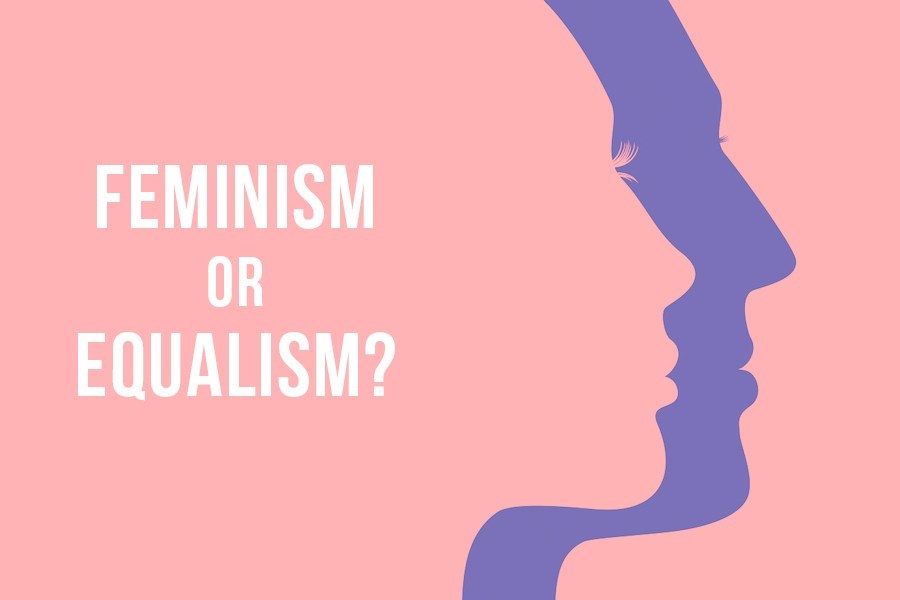
The term third wave is credited to Rebecca Walker, who responded to Clarence Thomas’s appointment to the Supreme Court of U.S.A. with an article in Ms. magazine, “Becoming the Third Wave” (1992). She wrote: “So I write this as a plea to all women, especially women of my generation: Let Thomas’ confirmation serve to remind you, as it did me, that the fight is far from over. Let this dismissal of a woman’s experience move you to anger. Turn that outrage into political power. Do not vote for them unless they work for us. Do not have sex with them, do not break bread with them, do not nurture them if they don’t prioritize our freedom to control our bodies and our lives. I am not a post-feminism feminist. I am the Third Wave.”
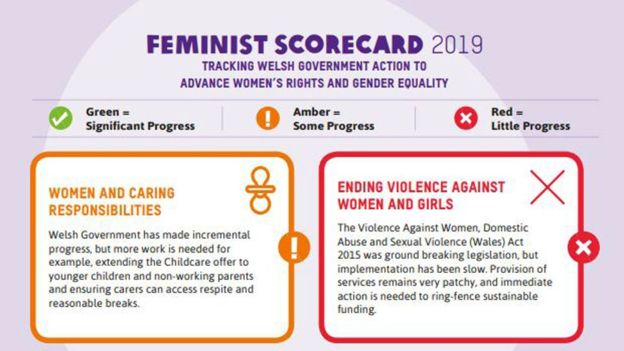
Post feminism
Post feminism is a term used to describe a societal perception that many or all of the goals of feminism have already been achieved, thereby making further iterations and expansions of the movement obsolete. Many feminist critics use the term postfeminist to negatively describe the renewed embrace of activities and positions that current and previous generations of feminists have deemed sexist or oppressive. The wide-ranging circulation of the term and its uncertain definition prompted scholars to study the implications of its usage. (University of British Columbia)

Post feminists
If the post-feminists believe that women in the modern society have already achieved gender equality, and feminism is no longer relevant to today’s society, it could well be in reference to affluent countries wherein in social, economic and political injustice upon women may have been wiped out almost in its entirety with the exception of sexual harassment and outright rape.
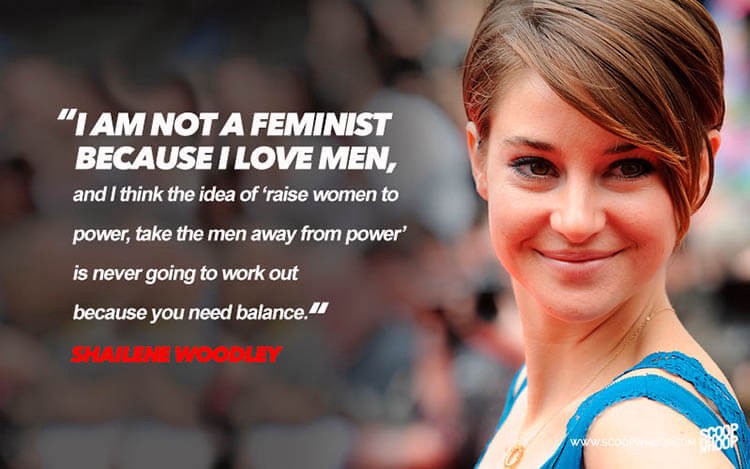
Post feminists in South Asia
Nevertheless, the underdeveloped countries in Asian, African and South American continents fail to contribute to such a post-feminist argument substantially. It is true that in South Asia too both genders are granted equal legal and democratic status. Yet in south Asia, the woman still do suffer under social stigmas, communal prejudices, male chauvinism and most of all, sheer male violence [familial or domestic violence, societal or sexual violence – physical and psychological]. Over and above all these in abundance, exists psychological violence by the family itself: familial betrayal, as that of Nora by her husband, Trovold in Henrik Ibsen’s “A Doll’s House.”

Feminist literature in South Asia
Literature being the reflection of very life itself, by means of a significant volume of the works of literature [now popularly called feminist literature], it can well be argued feminism is still relevant in the modern world, or at least in the underdeveloped countries. A significant volume of works of literature from South Asia reflects the reality with respect of social injustice. Therein are the renditions of women suffering in familial hierarchy as well as societal level.
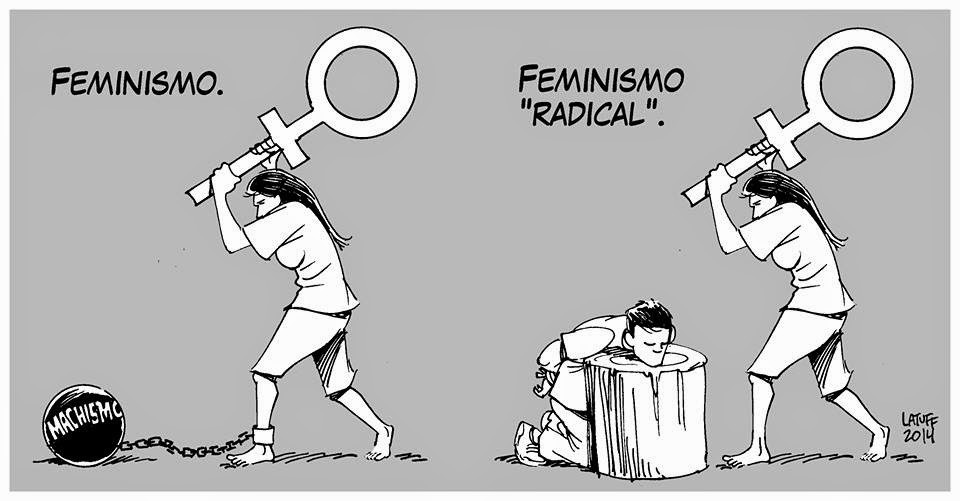
The argument for the study of post feminists in a geographical setting
The settings, societies and characters depicted and themes that are unearthed in South Asian literature reflect a definitive streak of semblance owing to some aspects of culture common to common era of British Colonial suppression of these countries. Modern South Asian literature locates its themes in post colonialism and nationalism, immigration and alienation, homeland and family, modernity and tradition, the collision of the ancient and the modem culture as well as individual and collective identity.

Feminist literary criticism is a form of literary criticism informed by feminist theory. Feminist literary criticism is applied to interpret works of literature in a feminine perspective. This school of criticism is concerned with the ways in which literature could be channeled to countermand economic, political, social and psychological oppression of women. It is in this backdrop, that a certain segment of works of literature is hailed as a part of a crusade to secure human rights of women. This novel approach in criticizing works added another dimension to the methodologies a certain gamut of literary texts is viewed and studied.

Wife as the supplicant to her husband
Rabindranath Tagore’s Chokher Bali reveals of a woman who comes out of supplicant role to her husband to gain her equal footing in the family: “Asha went into the room and spoke firmly to her husband, “Take yourself off now. I shall look after her.”…. “Mahendra went back to his room, impressed by this new Asha. This Asha was confident, suffered from no complex, assured of her own place-she was no longer a supplicant to her husband. He had neglected her as his wife, but tonight discovered a newly found respect for her as a daughter-in-law of the family.” (Tagore 231)
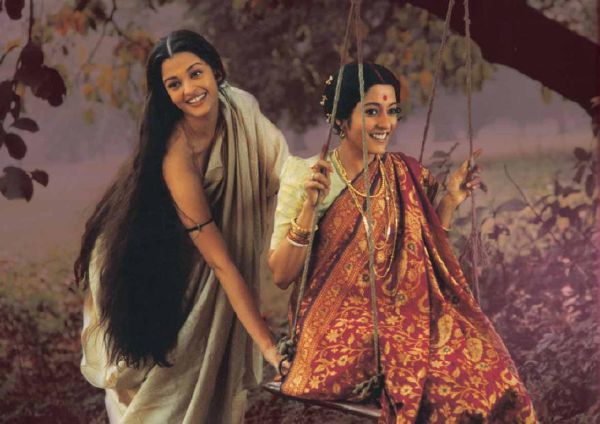
Aishwarya Rai Bachchan and Raima Sen in Choker Bali
Widow as the accursed creature of the society
Tagore’s Choker Bali also reveals the fate of Indian widows. Biondini, a young widow of exquisite beauty and sparkling intellect rejects the offer of marriage from Bihari, the most eligible bachelor in the community, in view of her being a widow, in spite of her love for him: “The very thought of our marriage is utterly ridiculous. I am a widow, deemed an accursed creature in our society. You will lose your face in your community if you marry me. I can never allow this. Please give up this idea.’” (Tagore 141)


Use of sex to cow down defenseless women by those in power
Arundhati Roy in her “The God of small things” lays bare the vulgarity of Kottayam [in Kerala, India] police inspector Thomas Matthew’s sexual charged warning: “If I were you … I’d go home quietly.” “Then tapped her breasts with his baton tap, tap….” (Roy 8) Mathews call her veshya (prostitute) and her legitimate and innocent children, “illegitimate.”

Suffering in the patriarchal system
In Arundhati Roy’s “The God of Small Things”, women characters [Ammu and Rahel -lower in family hierarchy] suffer at the hands of other women characters [Mammachi and Baby Kochamma – higher in family hierarchy] of the same family as if the suffering at the hands of male characters [ Pappachchi (physical abuse), Ammu’s husband (physical abuse) till she left him & Chako (verbal abuse) till she was evicted from her ancestral home, to which she also, morally and legally ought to have rights] would not suffice.
Patricia Oberio, the famous Indian feminist sociologist says :”…family is a dominant ideology, through which a particular set of household and gender relationships are universalized and naturalized…. It is a discourse through which this meaning is naturalized and universalized, and through which unequal power relations, and through which unequal power relations are observed and legitimized.” (Rajimwale 67)
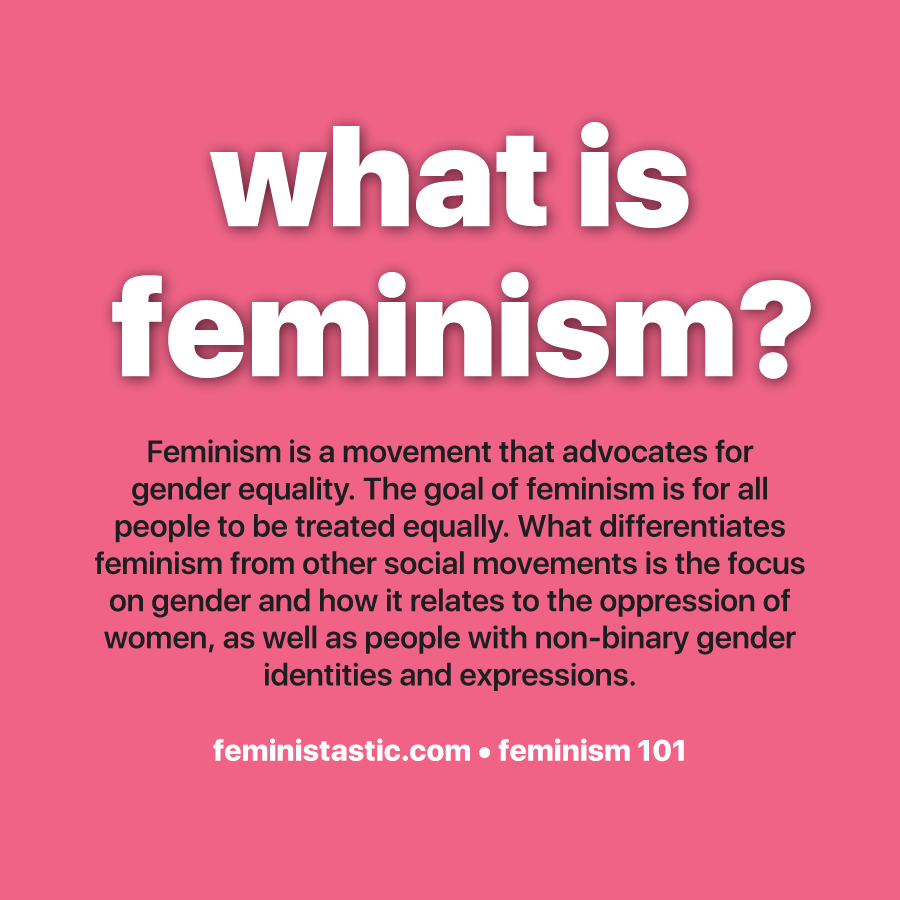
Domestic
violence unleashed upon the women
The
ultimate form of psychological violence was unleased upon Ammu, by her own
husband forsake the sanctity of marriage. He wanted her to satisfy the carnal
needs of his manager to save his employment. Following her violent [she hammers
her husband with the heaviest book in the cupboard] rejection of his
suggestion, she finds herself routinely subjected to “drunken violence followed
by post drunken badgering.” And then,
“where his bouts of violence begin to include the children”, Ammu leaves her
husband and returns to her patriarchal home, wherein she her familial right is
not recognized. Her familial home is now solely owned by her brother. In south
Asian traiditons, woman’s right to property, is not on par with that of man,
though in the eyes of law, both genders have equal rights over the ancestral
property.Through the eyes of Chako, Arundathi Roy reveals his father’s abuse of his
mother too: “a week after he arrived he found Pappachchi beating Mammachi…
Chako strode into the room, caught Pappachi’s vase-hand, and twisted it around
his back. ‘I never want this to happen again,” he told his father, “Ever.”
Familial
betrayal
Roy’s Ammu is forsaken by every member of her family with the exception of her
two preteen twin children. Ammu is betrayed first by her husband. Secondly, she
is betrayed to the police though neither she nor her lover has committed any
offence at all. As if betrayal would not do, she is evicted from her ancestral
home by her family, that is her mother, brother and aunt. The tragedy of Ammu
and her children sinks the heart of the readers. Love between an upper caste
widow and lower cast carpenter-mechanic is viewed as a crime in the backdrop of
social stigmas, prejudices that have been in existence for millenniums in the
South East Asia in the backwaters of Kerala in the 1960s. Today, in the new
millennium with micro technology inspired communication and dissemination of
ideas, the situation with respect of such stigmas and prejudices resulting in
social injustice against woman is no different. It is in this situation, the
works of literature that can be appreciated in the lens of feminism.

Numerous works of literature from South East Asia testify to the fact that even in the modern age woman is subjected to social injustice on community level as well as within the familial hierarchy. All such fictional narratives are based on the existing social injustice upon the woman of the South East Asia. Such being the situation, feminism is still relevant in today’s society.
